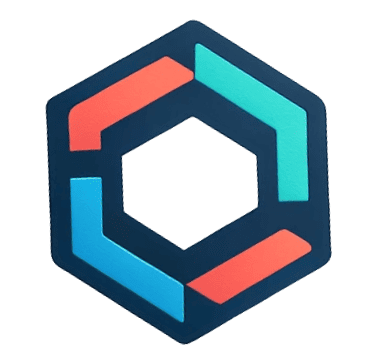ChatGPT, the popular AI chatbot, has expanded its reach to Android and iOS users with the launch of dedicated mobile apps. These apps offer a convenient way to access ChatGPT’s text generation capabilities directly from users’ smartphones. However, it’s important to note that the mobile apps come with certain limitations, such as the inability to generate long-form content. We will compare the ChatGPT Android and iOS mobile apps with the web version, highlighting their respective features, advantages, and limitations.
ChatGPT Android and iOS Mobile Apps: Features and Advantages
The ChatGPT Android and iOS mobile apps offer several features and advantages that enhance the user experience. These include:
- Voice Input: Both the Android and iOS apps support voice input, allowing users to speak their queries instead of typing them, providing an intuitive and hands-free interaction with the chatbot.
- Offline Functionality: The mobile apps offer offline chat history access, enabling users to access conversations even without an internet connection, enhancing accessibility and convenience.
- Mobile-Friendly UI: The apps are designed for mobile devices, providing a user-friendly experience optimized for touch input and gestures, making it easy to use on smartphones and tablets.
- Sync Across Devices: The iOS app syncs conversations across multiple devices, allowing users to access chats from different iOS devices, providing a seamless and consistent experience.
Limitations of ChatGPT Android and iOS Mobile Apps
Despite their advantages, the mobile apps have certain limitations that users should consider:
- Character Limitations: Both the Android and iOS apps impose limits on the number of characters they can generate in each response, restricting the generation of long-form content.
- GPT-4 Support: The mobile apps do not support GPT-4, limiting access to plugins and information beyond September 2021, as they are based on GPT-3.5.
Comparison with the Web Version
When comparing the mobile apps with the web version, it’s important to consider the following:
- Long-Form Content Generation: The web version can handle longer texts and generate long-form content, providing more flexibility for writing tasks compared to the mobile apps.
- Voice Input Accuracy: While the mobile apps support voice input, their accuracy for certain languages may vary, indicating room for improvement compared to the web version.
- Sharing and Linking: The web version can be easily shared and linked with others by sharing the URL, making it convenient for collaborative discussions or sharing the chatbot with others.
Conclusion
In conclusion, the ChatGPT Android and iOS mobile apps offer convenient access to AI-driven text generation capabilities, with features such as voice input and offline functionality. However, they come with limitations such as character restrictions and lack of GPT-4 support. Users should carefully consider these factors when choosing between the mobile apps and the web version. Ultimately, the decision should be based on individual preferences and specific writing needs.
The release of the ChatGPT Android and iOS mobile apps has expanded the accessibility of AI-driven text generation, providing users with a convenient way to interact with the chatbot directly from their smartphones. While the mobile apps offer several advantages, users should be mindful of their limitations when deciding between the mobile apps and the web version. By understanding the features, advantages, and limitations of each platform, users can make an informed choice based on their specific writing and interaction needs.
